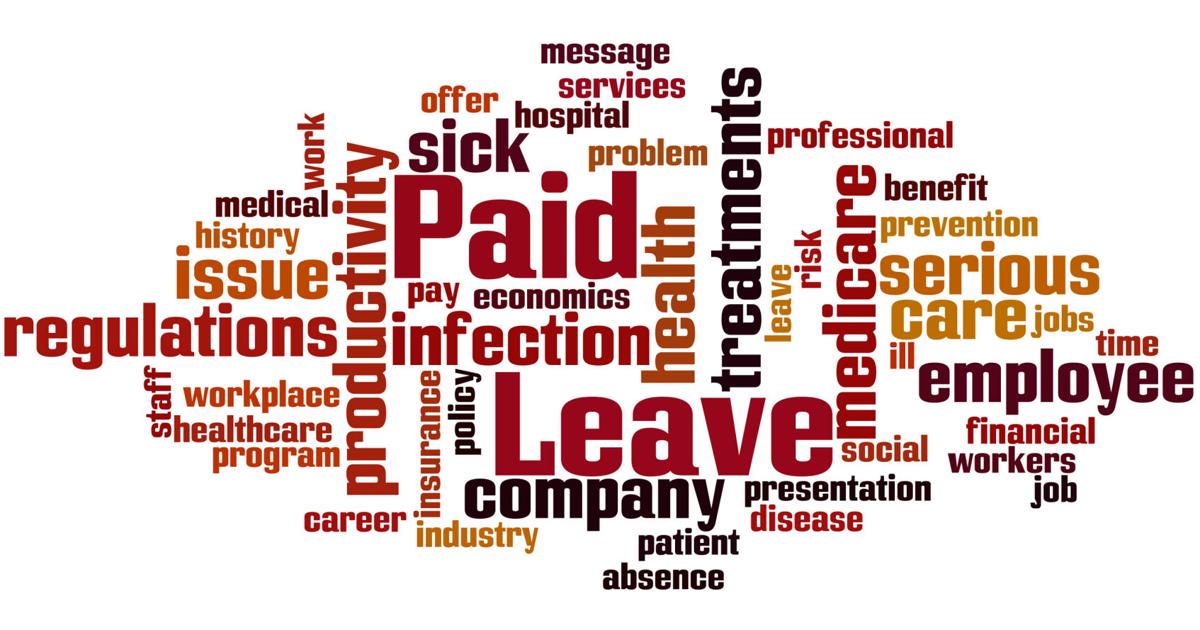(The Center Square) — Delaware business leaders are raising a laundry list of concerns about proposed regulations to implement the state’s new employer-funded paid leave law.
In a letter to the state Department of Labor, members of Delaware Chamber of Commerce air their concerns about the Healthy Delaware Families Act, which will force businesses employing 25 or more workers to provide up to 12 weeks of paid parental leave a year, and up to six weeks paid family leave, medical leave or military leave every two years.
The letter, which was written by Wilmington-based employment law attorney Timothy Holly on behalf of the chamber, includes 40 pages of feedback from business leaders and lawyers who raised questions, concerns and their frustrations about the law, and proposed regulations to implement it. The rules are under review by the department’s paid leave division.
Holly said chamber members have had a limited amount of time to review the draft regulations, but found them “extremely daunting and difficult to use,” and urged the state agency to work with the business community to finalize the rules.
“In short, the law and regulations present a substantial burden as to both learning and implementation, with the ‘how-to’ and ‘what must I do’ frequently very unclear,” Holly wrote.
One concern is how employers will be able to track hours of salaried employees — which would be required under the regulations — who are often exempt under federal labor laws.
He said most employers don’t track the hours of exempt employees, and requiring it would be “an extreme disruption to business both administratively and regarding morale.”
“Regulations should, in every respect, better contemplate the “professional” employee, and seek to minimize disruption to private business operations,” Holly wrote.
Another concern was that small employers should be given “sufficient options” to offer private paid leave plans, especially for employers with fewer than 100 employees and who might not meet the requirements to be grandfathered in under the law.
“The lack of sufficient options for employers to continue their own, generous leave programs with their employees, which they have shouldered the burden of for many years despite no requirement to do so, frustrates many, as does the unclear and seemingly deficient options and process to opt-out of the state program,” he wrote.
The chamber leaders also called on regulators to give private employers the “benefit of the doubt” when it comes to “inevitable instances of non-compliance” with the new law.
“This law and the regulations are tremendously nuanced and not at all intuitive. The regulations read as very foreboding and punitive,” he wrote. “That erodes confidence from employers that the DDOL means to be supportive of business, and understanding of the challenges of it.”
Gov. John Carney signed the Healthy Delaware Families Act in May 2022, making Delaware the 11th state to offer a statewide paid family and medical leave program.
The program will be funded by a payroll tax split between employers and employees, beginning Jan. 1, 2025. The combined tax would be 0.8% for 2025 and 2026, officials say.
Under the new law, the weekly benefit would be 80% of a worker’s average weekly wage in the preceding 12 months, with a minimum benefit of $100 per week. Workers earning less than $100 a week receive a benefit equal to their full wage.
To be eligible, a worker must have been employed by the business for at least 12 months and worked at least 1,250 hours in the previous year, or an average of 26 hours per week.



